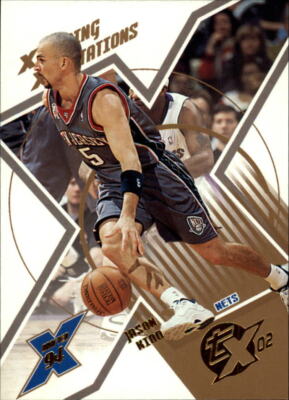Jason Kidd: From NBA Star to Coaching Leader

Introduction
Jason Kidd is a name synonymous with basketball greatness. His transition from a celebrated player to a respected coach has underscored his profound influence on the sport. Born on March 23, 1973, in San Francisco, California, Kidd was drafted second overall by the Dallas Mavericks in the 1994 NBA Draft. His exceptional career as a point guard and now a coach emphasizes the evolution of basketball tactics and the ongoing conversation about leadership in sports.
Jason Kidd’s Playing Career
Kidd’s impact on the NBA is noted not only for his impressive statistics—he holds career averages of 12.6 points, 8.7 assists, and 6.3 rebounds—but also for his remarkable court vision and pioneering style of play. He was instrumental in leading teams to success during his playing years, including winning an NBA championship with the Dallas Mavericks in 2011. Kidd was a ten-time NBA All-Star and two-time Olympic gold medalist, cementing his legacy as one of the finest point guards in the history of the game.
Transition to Coaching
Following his retirement in 2013, Kidd quickly made the transition to coaching, starting with the Brooklyn Nets before taking the helm in Milwaukee and later in Los Angeles with the Lakers as an assistant coach under Frank Vogel. In 2021, he returned to the Mavericks as head coach, aiming to harness Luka Dončić’s immense potential and build a championship contender.
As a coach, Kidd has faced challenges that have required adaptability and strategy development. Notably, during the 2021-2022 season, Kidd led the Mavericks to the Western Conference Finals, demonstrating his ability to translate his playing experience into effective coaching strategies. His emphasis on defense and player empowerment has greatly influenced the team’s performance and dynamics.
Recent Developments
As of October 2023, Kidd has continued to evolve as a coach, focusing on developing young talent and fostering a culture of competitiveness within the franchise. Under his leadership, the Mavericks are projected as serious contenders in the upcoming NBA season, with high hopes for further playoff success.
Conclusion
Jason Kidd’s journey from NBA player to coach exemplifies the ongoing transformation of the league and the importance of strategic leadership. His work with the Mavericks not only reflects his personal growth but also serves as an inspiration to aspiring players and coaches alike. Looking ahead, fans and analysts alike will be watching closely to see how Kidd’s coaching strategies unfold and whether he can lead Dallas back to championship glory. His legacy continues to grow, shaping the future of basketball both on and off the court.








